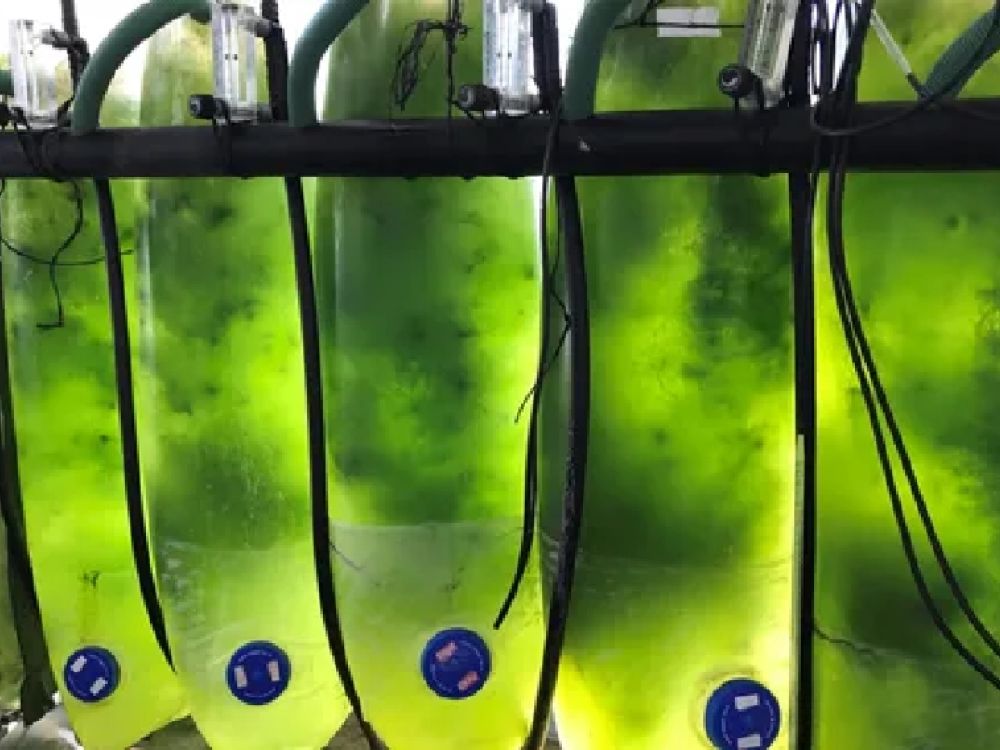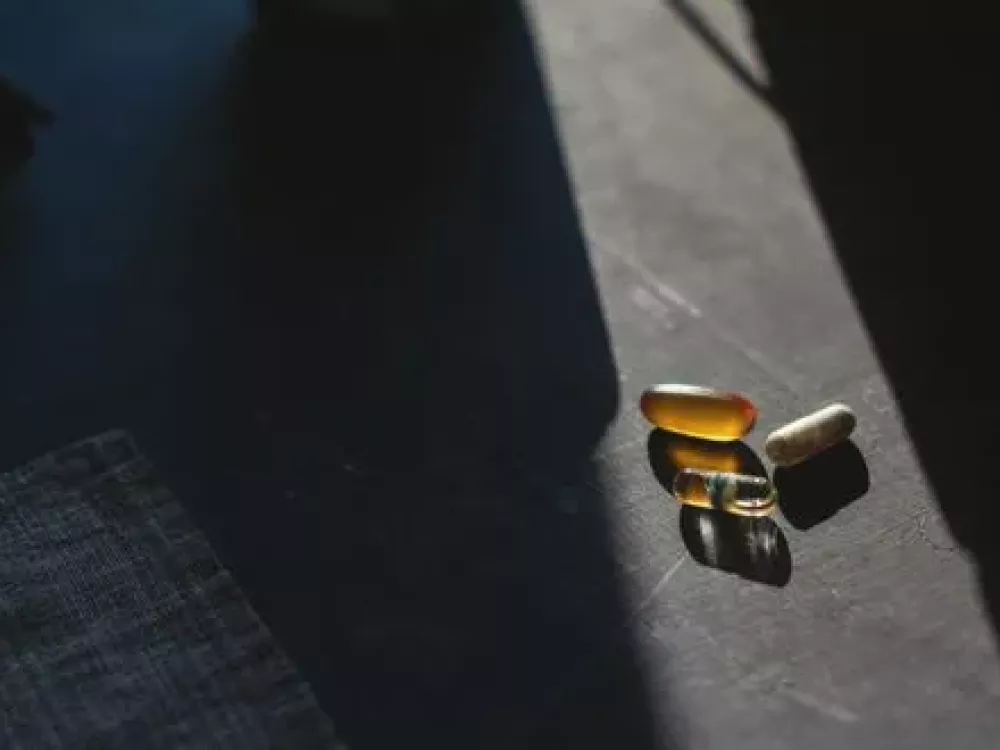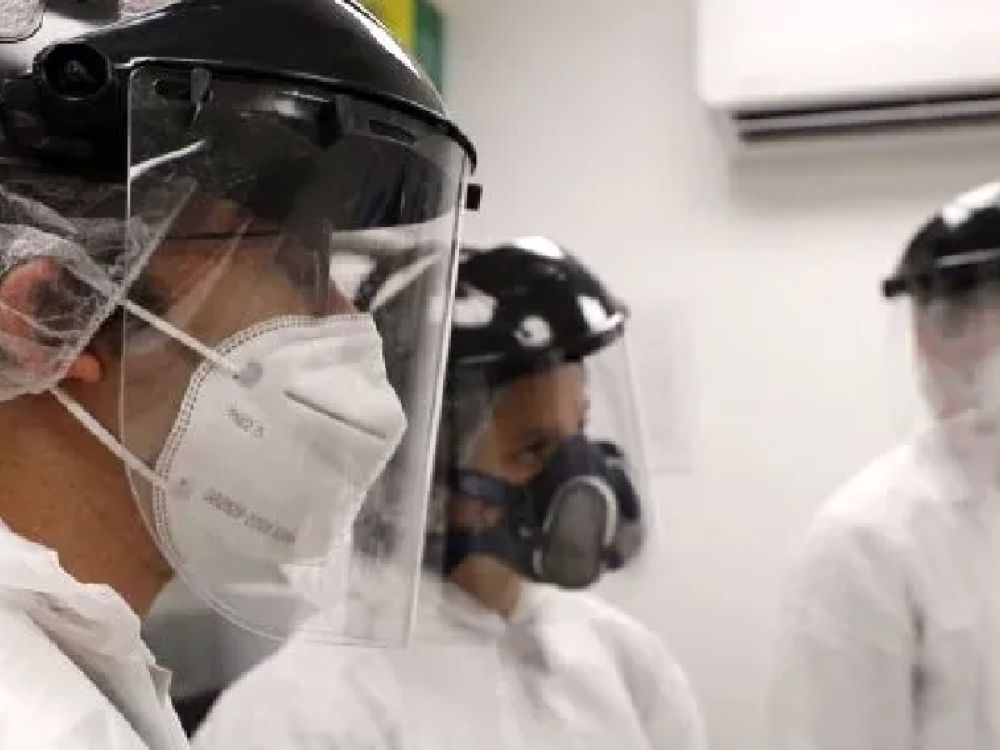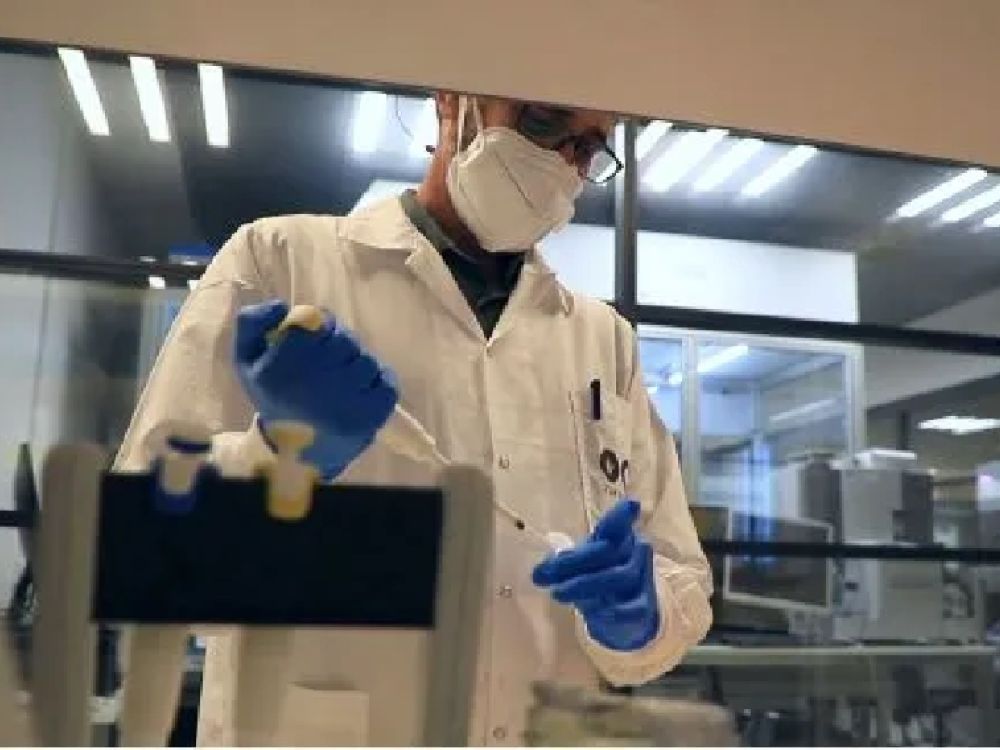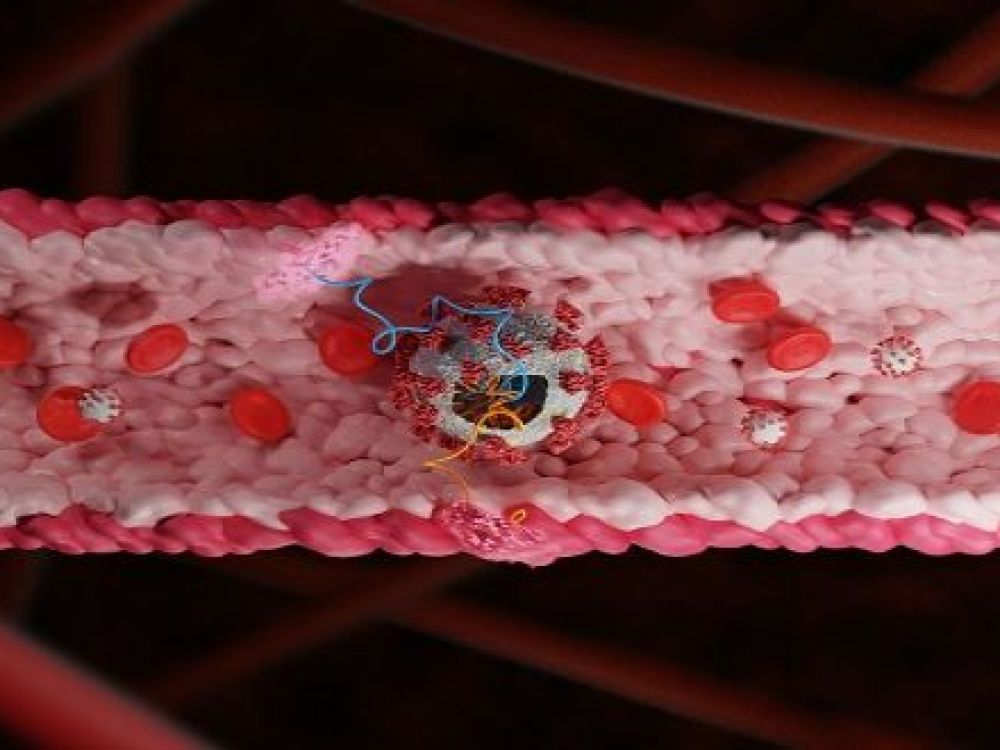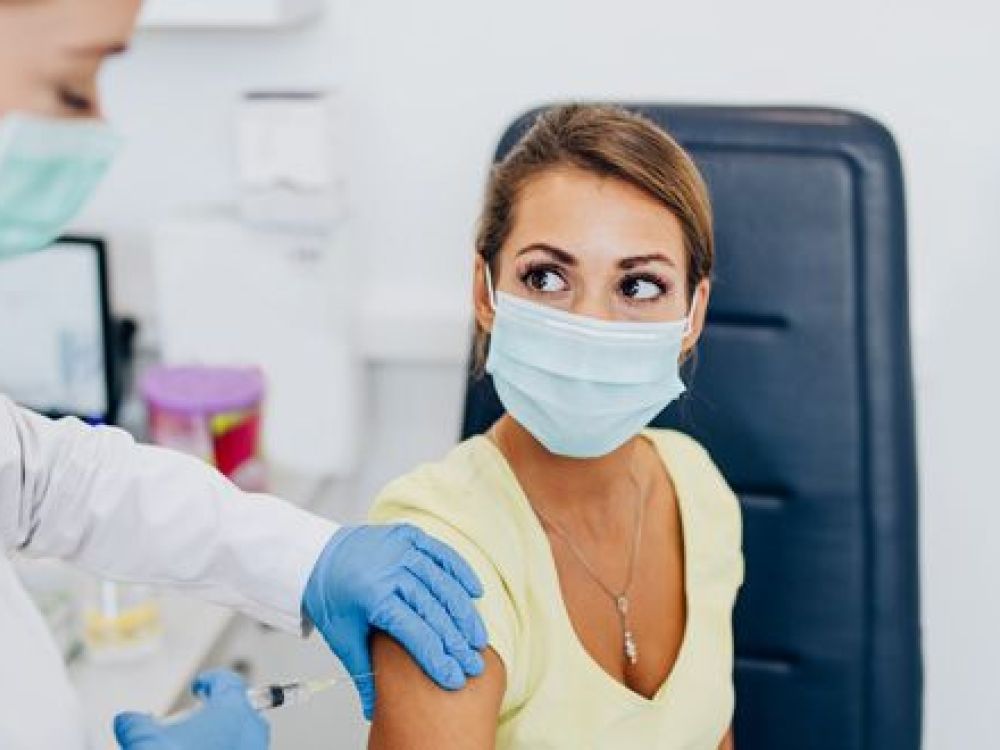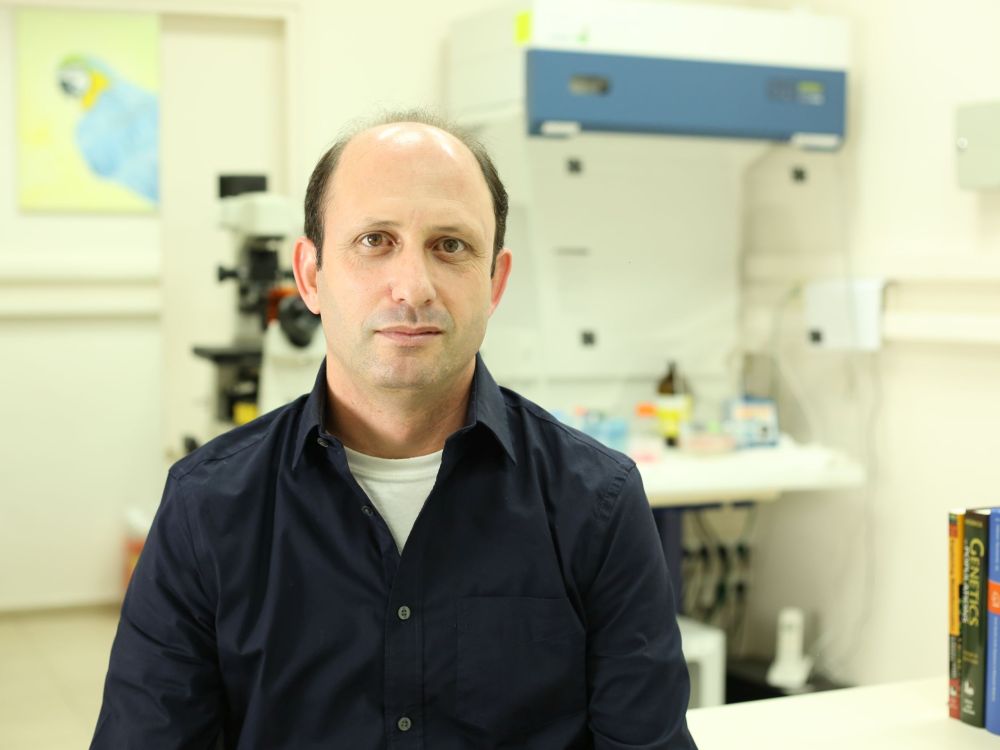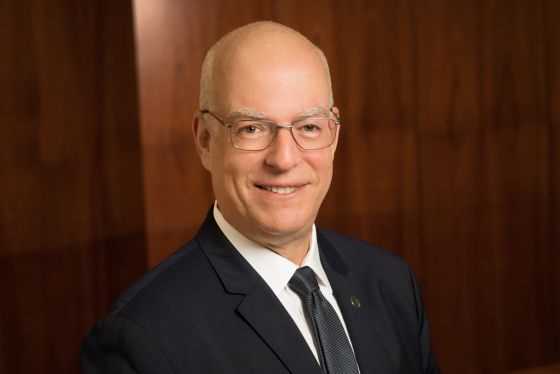
Message from Tel Aviv University President
Dear friends and colleagues, academic and administrative staff,
Tomorrow we all return from the Passover holiday – if we can call this a “vacation”, due to the closure we were in – to a reality that is not much different from the one before the holiday. The media reports that there will be some easing as to the extent of activity allowed outside our homes, and especially that more employees will be allowed to return to work, but I am not sure the change will be large. I believe and hope that some of the administrative and technical staff who were forced to go on ‘coronavacation’ may be able to return to work. We are working to do so, but this matter depends on the government’s decisions.
About three weeks ago I set up, in coordination with the “Mossad” and the University presidents in Israel, an inter-university committee to formulate a strategy for exiting the national crisis we are in. The committee prepared a careful and calculated plan based on the gradual release of the closure, according to the extent of morbidity and the rate of infection in the various areas of the country, and with ongoing monitoring of the changing circumstances in each region. The committee was composed of, or assisted by, outstanding faculty members from all the universities in Israel and in a variety of fields: virology, epidemiology, medicine, public health, computer science, physics, mathematics, engineering, statistics, economics, psychology and law. I hope that the Israeli government adopts the program proposed by our committee or a similar plan, based on a multidimensional view of the complex situation we are in, and will not pursue politically-biased solutions that can not only inflict heavy economic costs, but also cause significant damage to life and health.
Allow me to deviate from the protocol and add a few more words. One of the common failures of a cost-benefit analysis is to highlight the obvious and visible damages, while ignoring or diminishing the importance of other, no less serious, damage that are not foreseen at first sight. In our case, too, caution must be taken not to underestimate the burden of damages caused by the closure. I am not talking here only about the enormous economic damage, the unprecedented unemployment, the damage to the underprivileged population, the small and large businesses, but also to the damage to life and health. Each day, data is published on the increase in the number of people with the coronavirus disease and on the number of people who have died. But this is partial information that may be misleading. No one presents the number of those who are paying with their health, and in the near future also with their lives, because of their inability or deterrence from obtaining essential medical services these days. We do not know, for example, how many residents of the country will die in the coming years due to the non-disclosure of cancer or heart disease from which they suffer unknowingly, as public hospitals work at an output of 20% (other than for coronavirus patients). We also do not know how many patients who want to receive medical treatment and who are sent back to their homes will suffer. We also do not know how many patients who would normally go to hospitals for essential treatments are prevented from doing so because of the fear of death, although the risk of the coronavirus is negligible compared to the risk they are in. This is before we talk about the rise in domestic violence, the loneliness of the elderly and the impact it has on their health and lives, the mental health of the entire population, the nutritional damage that may befall entire families whose breadwinners have been fired and forced to change their dietary habits as a result, and more. I hope that the decision makers perform the cost-benefit analysis in a complete and exhaustive manner.
Until now, I have described the national arena. As for the situation closer to us: in my previous letters, I detailed to you the University’s contribution to the coronavirus fight. Among other things, I wrote to you that we set up an initiative in the Faculty of Medicine and Faculty of Life Sciences, and with the great effort of the Engineering Department, a laboratory capable of performing at least 1,000 corona tests a day (and which can reach even 2,000 such tests). I expect this lab to start early this week. It was not easy to obtain all of the Ministry of Health approvals for the lab, so to complete the move, we joined the Tel Aviv-Sourasky Medical Center (Ichilov) Hospital. In the meantime, there are a large number of volunteer students from the Faculty of Medicine and the Faculty of Life Sciences, some of whom are performing coronavirus tests and some who are supporting the medical teams in the hospital. We are so very proud of them, as well as the doctors, nurses, and other health professionals, our faculty members, who have not spared any effort to contribute their part in the forefront of the fight against the pandemic.
We have previously reported to you the establishment of a platform where academic staff members are collaborating in discussion groups, with the aim of issuing coronavirus position papers, with the aim of helping decision makers. So far, four such papers have emerged: “The Coronavirus in East Asian Countries” written by scholars from the Department of East Asian Studies; “Promoting the Health of the Elderly During the Coronavirus Epidemic” written by researchers from the Department of Health Promotion at the School of Public Health at the Sackler Faculty of Medicine; “Digital Activity of Kindergarten in Corona” Written by researchers from the School of Education; and “Insolvency and the Corona Crisis” written by researchers from the Faculty of Law. The success of the venture has resulted in the joining, at our invitation, of researchers from all the universities in the country, and as of this writing, the total number has exceeded 1000! A few days ago, we partnered with the University Heads Committee in this venture to increase its impact on decision makers. Here, too, we are proud of our faculty members, academically and administratively, for the leadership role they have taken on.
And, of course, our researchers, along with research staff and students, continue to work diligently in their labs, as well as their offices and homes, to find drugs and vaccines against the coronavirus, including the use of antibodies from patients recovering from the disease to treat patients suffering from its severe symptoms. Important studies are also being conducted on campus to protect the medical staff against the coronavirus and the development of respiratory measures. All in all, our faculty members from all corners of the campus, both East and West, are involved in no less than 120 coronavirus studies! The University is also engaged in fundraising to support these studies, and we intend to embark on a fundraising campaign to establish a multidisciplinary epidemic research center. Indeed, there is no guarantee that what the world is experiencing these days will not be repeated in the future, and we must be prepared for it.
Most importantly, we must do everything we can to get back to our normal pace of work, even in research areas not related to the coronavirus. To do so, we will need our excellent administrative staff to the fullest extent and strength. True, the difficult economic crisis in our country will include the higher education system, but we are already preparing to deal with it. The pandemic cannot stop the University’s development and promotion, both in research and teaching! In the coming weeks, group meetings will be held with faculty members in each of the faculties, as well as with Deans and heads of Schools, to assist you in formulating the University’s ‘exit program’ from the coronavirus pandemic crisis.
Wishing you a quick return to a routine and excellent health,
Yours,
Ariel
Related posts
